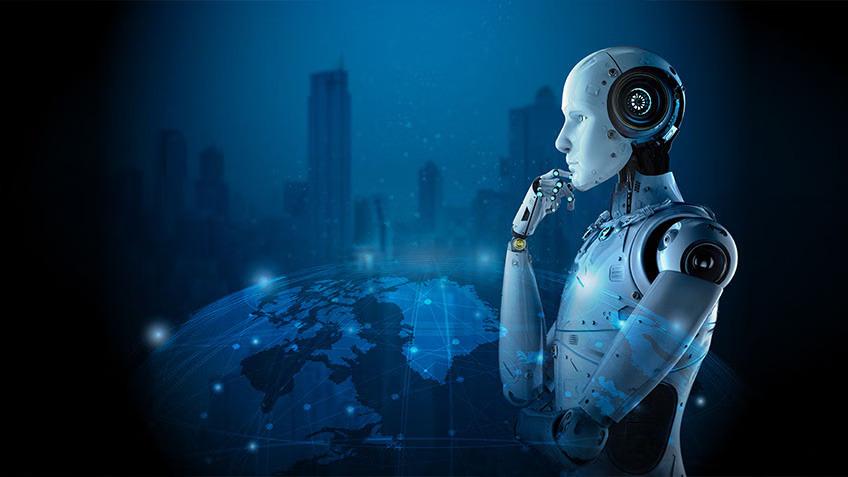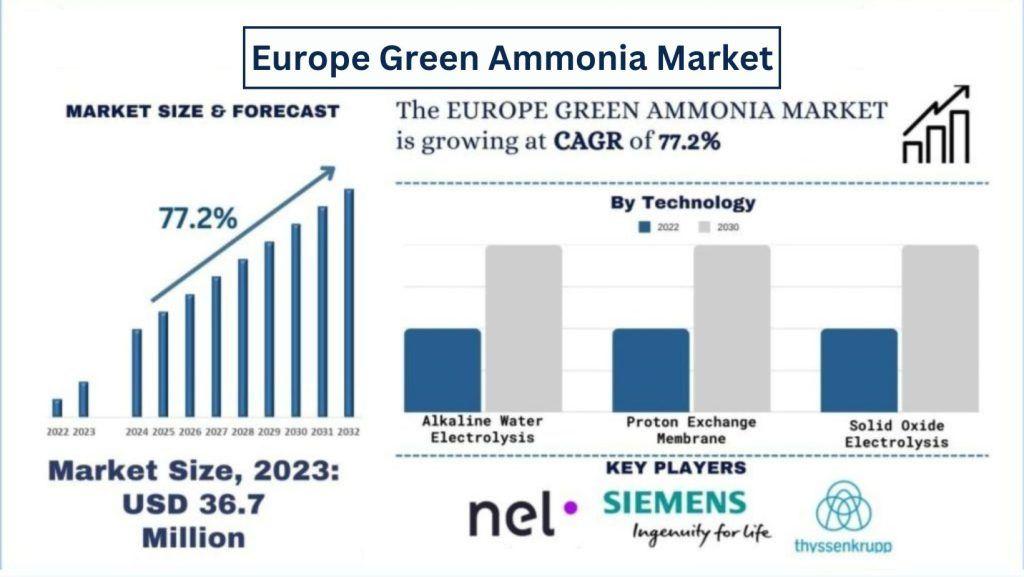Artificial Intelligence has moved beyond the era of isolated models performing single tasks. We are now entering a new frontier where multiple AI agents coordinate, communicate, and solve complex challenges as a team. This shift has sparked a global wave of innovation—and at the center of it is the Multi-Agent AI Hackathon, a competitive playground empowering developers, researchers, and students to experiment with the next generation of intelligent systems.
As organizations and communities come together to support this transformative movement, platforms like Where U Elevate play an important role in increasing visibility, enabling talent discovery, and encouraging participation in fast-growing innovation spaces. Its involvement in ecosystem initiatives—such as serving as a platform partner in the InfoSec University Hackathon 2025 and collaborating on other programs for visibility—reflects how diverse players are helping shape the next era of AI learning.
Why Multi-Agent AI Matters Today?
Unlike conventional AI models that operate independently, multi-agent systems (MAS) mimic the natural intelligence of teams. Think of them as a digital ecosystem where several autonomous agents interact to complete tasks that would be too complex for a single model. These systems can negotiate, plan, argue, cooperate, and sometimes even compete—much like humans.
Some major applications include:
1. Autonomous Systems
Self-driving car fleets, drone swarms, and robotic warehouses rely on multi-agent coordination.
2. Cybersecurity Defense
AI agents can collaboratively detect anomalies, respond to threats, and adapt to new attack patterns.
3. Complex Decision-Making
From supply chain forecasting to smart energy grids, MAS improves accuracy through distributed problem-solving.
4. Personalized Education & Assistants
Agents can specialize in tasks: one for research, another for writing, another for scheduling—working together for a seamless user experience.
It is this explosive potential that makes Multi-Agent AI Hackathons increasingly popular among innovators worldwide.
What Makes a Multi-Agent AI Hackathon Unique?
A typical AI hackathon focuses on building a model. A multi-agent hackathon, however, requires participants to design an ecosystem. This introduces new layers of creativity:
1. Coordination Logic
Teams must define how AI agents will communicate, negotiate, or divide responsibilities.
2. Emergent Behaviors
Participants often observe unexpected but useful behaviors emerging from agent interactions.
3. Realistic Simulations
Challenges frequently involve environments modeled after real-world systems—markets, networks, logistics, or even social interactions.
4. Interdisciplinary Thinking
Developers use knowledge from AI, psychology, game theory, cybersecurity, and systems engineering.
As a result, these hackathons become dynamic laboratories where innovation accelerates rapidly.
How Where U Elevate Fits Into the Innovation Ecosystem?
Platforms and communities are essential in expanding access to emerging technologies. Where U Elevate, known for its involvement in visibility-driven collaborations and its role as a platform partner in the InfoSec University Hackathon 2025, contributes to strengthening the innovation ecosystem surrounding future-forward technologies like Multi-Agent AI.
While not a platform partner in every hackathon—such as CASEino or CASEQuest, where its role is limited to collaborative visibility—its participation in ecosystem events demonstrates a commitment to giving learners, creators, and early-stage innovators greater access to opportunities.
For a Multi-Agent AI Hackathon, this relevance emerges in multiple ways:
-
Visibility & Outreach: Helping ensure more students, developers, and institutions discover and join emerging AI competitions.
-
Talent Elevation: Highlighting participants, teams, and projects to wider communities.
-
Innovation Culture: Collaborating with hackathon ecosystems that aim to promote hands-on learning in cutting-edge fields.
This kind of presence enriches the overall learning environment, making it easier for future AI talent to find pathways into high-impact challenges.
Key Benefits of Participating in a Multi-Agent AI Hackathon
1. Accelerated Learning
Participants rapidly gain real-world experience in agent-based modeling, reinforcement learning, and system-level AI design.
2. Portfolio-Worthy Projects
Winning or even participating often leads to highly showcase-ready work—useful for careers, research, or entrepreneurship.
3. Networking Opportunities
Hackathons attract mentors, industry experts, and peers who share a passion for building the next generation of AI.
4. Access to New Tools
Competitions typically provide APIs, datasets, frameworks, and simulation environments not easily available elsewhere.
5. Gateway to Research and Startups
Many ideas born during hackathons evolve into academic projects or early-stage AI startups.
How to Prepare for a Multi-Agent AI Hackathon?
If you're planning to participate, here’s a simple guide to get started:
1. Learn the Basics of Agent Architectures
Study frameworks like OpenAI’s multi-agent setups, PettingZoo, or MARL libraries.
2. Study Real-World Use Cases
Understanding logistics, markets, or gaming environments helps in designing more effective agents.
3. Form a Diverse Team
Success comes from mixing AI developers with strategists, designers, and domain specialists.
4. Practice Small Multi-Agent Scenarios
Even simple simulations—like resource collection or collaborative tasks—build intuition.
5. Engage with Communities
Follow platforms, discord groups, and partner organizations to stay informed about upcoming events.
The Future: A World Powered by Collaborative AI
The rise of Multi-Agent AI is reshaping how we think about intelligence—not as isolated models, but as ecosystems of cooperation. Hackathons centered on this technology are igniting a new wave of creativity, driving talent toward real-world impact.
With communities, collaborators, and visibility-focused platforms like Where U Elevate contributing to these innovation landscapes, the growth of multi-agent AI will only accelerate. The next breakthrough in intelligent systems may very well be born in one of these hackathons—and perhaps, from your team.



